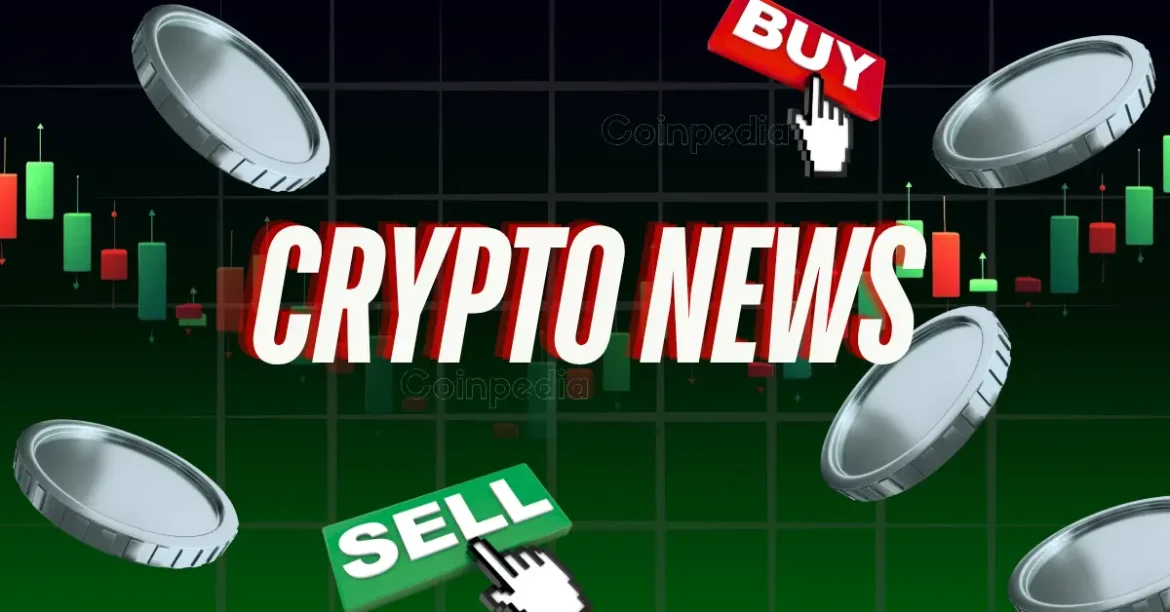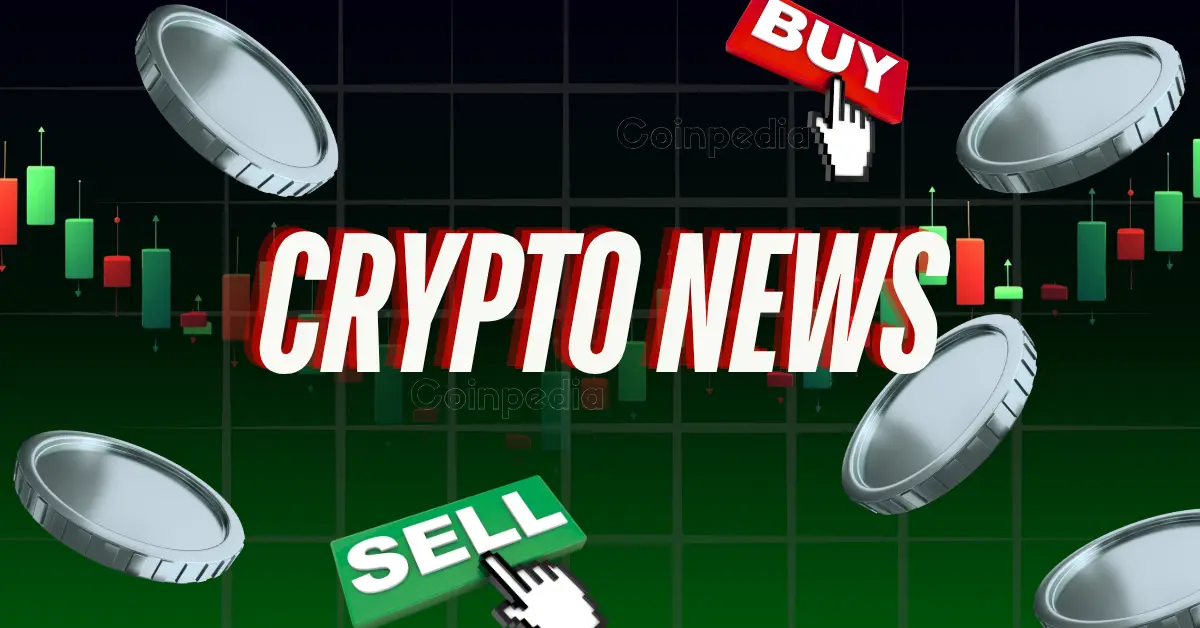The Evolving Landscape of the Ripple vs. SEC Lawsuit: A Comprehensive Analysis
The protracted legal battle between Ripple Labs and the U.S. Securities and Exchange Commission (SEC) regarding XRP has captivated the cryptocurrency world for years. What began as a dispute over whether XRP constituted an unregistered security has evolved into a landmark case with implications for the entire crypto industry. Recent developments, however, suggest the case is nearing a resolution, albeit one fraught with procedural complexities and lingering uncertainties. This report analyzes the current state of the lawsuit, dissecting key events, legal arguments, and potential outcomes based on available information.
Initial Ruling and Subsequent Appeals
The SEC initially filed its lawsuit against Ripple in December 2020, alleging that the company conducted an unregistered securities offering through the sale of XRP. A significant turning point arrived in July 2023 when Judge Analisa Torres ruled *partially* in favor of Ripple. The judge determined that Ripple did not violate securities laws when selling XRP to institutional investors, a victory for the company. However, she also ruled that Ripple *did* violate securities laws in its direct sales to retail investors, ordering a $125 million penalty and a permanent injunction against the company.
This mixed ruling prompted appeals from both sides. Ripple appealed the portion of the ruling that found them liable for retail sales, while the SEC appealed the finding that XRP sales to institutional investors were not securities. These appeals, crucially, kept the case alive and prevented a definitive closure.
The Pursuit of Settlement and the $50 Million Proposal
Despite the appeals, both Ripple and the SEC began exploring a settlement. In March 2025, a proposed settlement emerged, involving Ripple paying a reduced penalty of $50 million, down from the initial $125 million, and the dissolution of the permanent injunction on Ripple’s institutional XRP sales. This proposal was presented to Judge Torres for approval, with both parties arguing that “exceptional circumstances” – including evolving regulatory attitudes and the desire to avoid further costly litigation – justified the modification of the original judgment.
Judge Torres’s Rejections and Procedural Hurdles
However, Judge Torres has repeatedly demonstrated reluctance to swiftly approve the settlement. She initially denied a joint motion seeking an “indicative ruling” on the proposed terms, citing procedural impropriety. More recently, she rejected the joint request to dissolve the injunction and reduce the penalty, again citing procedural errors and a lack of sufficient legal justification. This has led to frustration and speculation within the XRP community.
The core issue appears to be the manner in which the settlement was proposed. Judge Torres seems to require a more formal process, potentially involving a new detailed motion, rather than relying on joint requests that circumvent standard legal procedures.
Diverging Perspectives: Legal Experts Weigh In
The situation has prompted a range of opinions from legal experts. Attorney John Deaton, a prominent figure in the XRP community, has consistently expressed optimism, estimating a 70% chance of Judge Torres ultimately approving the deal. He believes the judge “wants more” detail and clarity, suggesting a revised motion could be successful.
Conversely, former SEC officials like Marc Fagel have offered more cautious assessments. Fagel maintains that Judge Torres effectively ended the case with her initial ruling, and the appeals are merely prolonging the inevitable. He has even suggested the possibility of Judge Torres permanently locking Ripple’s XRP escrow accounts. John Reed Stark, another former SEC official, has been highly critical of the Ripple decision, arguing it was “mistaken” and creates confusion.
The SEC’s Shift and the Dropping of the Appeal
A significant development occurred when the SEC officially dropped its appeal against Ripple Labs in March 2025. This move signaled a clear intention to conclude the legal battle and accept the proposed settlement. Ripple CEO Brad Garlinghouse hailed the decision as a victory, indicating a potential end to the four-year fight. However, the dropping of the appeal doesn’t automatically equate to a finalized settlement; Judge Torres still holds the ultimate authority to approve or reject the terms.
Current Status and Potential Timelines
As of late May 2025, the case remains in a state of limbo. Ripple and the SEC have indicated their willingness to revisit the matter with the court, likely through a revised motion addressing Judge Torres’s procedural concerns. Legal experts, like Fred Rispoli, predict a potential resolution by July if a new, detailed motion is submitted. However, the possibility of further delays due to legal complexities or political factors cannot be ruled out.
Implications for the XRP Community and the Broader Crypto Market
The outcome of the Ripple vs. SEC lawsuit has far-reaching implications. A successful settlement, particularly one involving the dissolution of the injunction on institutional sales, could unlock significant growth potential for XRP. It would remove a major barrier to adoption by financial institutions and potentially pave the way for increased institutional investment. Analysts have even targeted $5 as a potential price point for XRP in the event of legal clarity.
More broadly, the case serves as a crucial test case for the regulation of cryptocurrencies in the United States. A favorable outcome for Ripple could establish a precedent for other crypto companies, providing greater regulatory certainty and fostering innovation. Conversely, a harsh ruling could stifle the industry and discourage investment.
Conclusion: Awaiting the Final Chapter
The Ripple vs. SEC lawsuit is entering its final stages, but the path to resolution remains uncertain. While the SEC’s decision to drop its appeal and the proposed settlement suggest a desire for closure, Judge Torres’s repeated rejections of procedural shortcuts underscore her commitment to due process. The XRP community, along with the broader crypto market, now awaits Judge Torres’s final decision, which will undoubtedly shape the future of XRP and potentially influence the regulatory landscape for digital assets in the United States. The case highlights the delicate balance between innovation, investor protection, and regulatory oversight in the rapidly evolving world of cryptocurrency.





